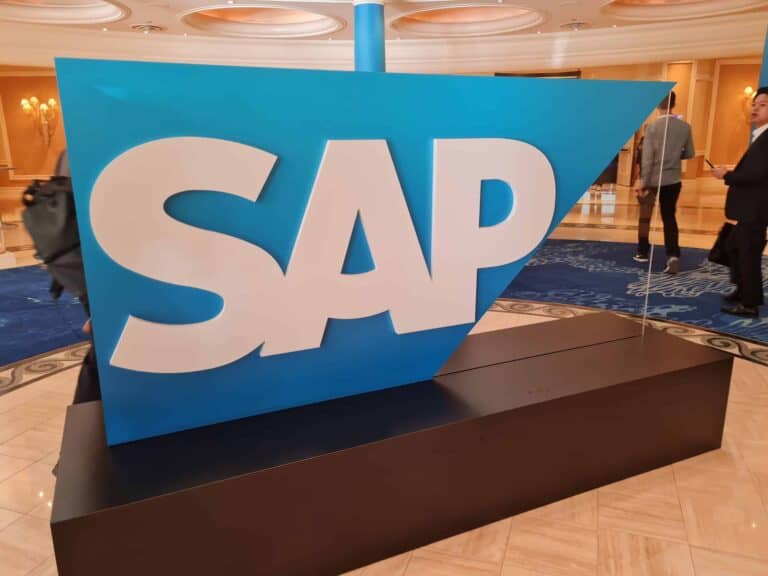The European Commission has launched a formal investigation into SAP. The investigation will examine the company’s practices regarding maintenance and support for on-premises ERP software. The German software company is alleged to restrict customers’ choices and hinder competition with external providers.
According to the preliminary assessment, SAP holds a dominant position in the European Economic Area’s aftermarket for maintenance and support of on-premises ERP software. The company is alleged to be abusing this position to restrict competition from external providers.
SAP develops software for business processes related to financial management, human resources, and project management. The company offers this ERP software both on-premises and via the cloud, together with the necessary maintenance and support services.
Other companies also provide maintenance and support for SAP’s on-premises ERP software, often at better commercial terms. SAP’s practices are said to hinder this competition.
Four problematic practices under scrutiny
The Commission has identified four specific practices that may distort competition. SAP requires customers to purchase maintenance and support for all their on-premises ERP software directly from SAP. Additionally, they must select the same type of support for all software under the same pricing conditions.
According to the Commission, this requirement prevents companies from combining different providers with different prices and support levels. This would be beneficial for many organizations, but SAP’s policy does not allow this “mix-and-match” model.
In addition, customers cannot terminate maintenance and support for unused software licenses. This means that they continue to pay for services they do not use. SAP also systematically extends the initial term of ERP licenses, making it impossible to terminate support.
Finally, SAP charges recovery costs and backlogged maintenance costs to customers who return after an absence period. In some cases, these costs correspond to what customers would have paid if they had not switched to SAP.
Reactions to the investigation
EU Competition Commissioner Teresa Ribera emphasizes the importance of free choice. “Thousands of companies across Europe use SAP’s software to run their business, as well as its related maintenance and support services. We are concerned that SAP may have restricted competition in this crucial aftermarket, by making it harder for rivals to compete, leaving European customers with fewer choices and higher costs.”
SAP responds that the investigation concerns certain areas of their on-premises maintenance and support policies. These “are based on long-standing standards that are common across the global software sector,” the company says. SAP believes that its policies and actions are fully in line with competition rules, but takes the issues seriously.
Possible solutions
The Commission has adopted a preliminary assessment that summarizes the main facts and identifies potential competition concerns. SAP can now submit commitments to address these concerns.
If the company makes sufficient commitments, the Commission may close the antitrust proceedings without reaching a final conclusion on whether EU competition rules have been infringed. Such commitments become legally binding on the company.
There is no legal deadline for completing an antitrust investigation. The duration depends on factors including the complexity of the case and the extent to which the company concerned cooperates with the Commission.
